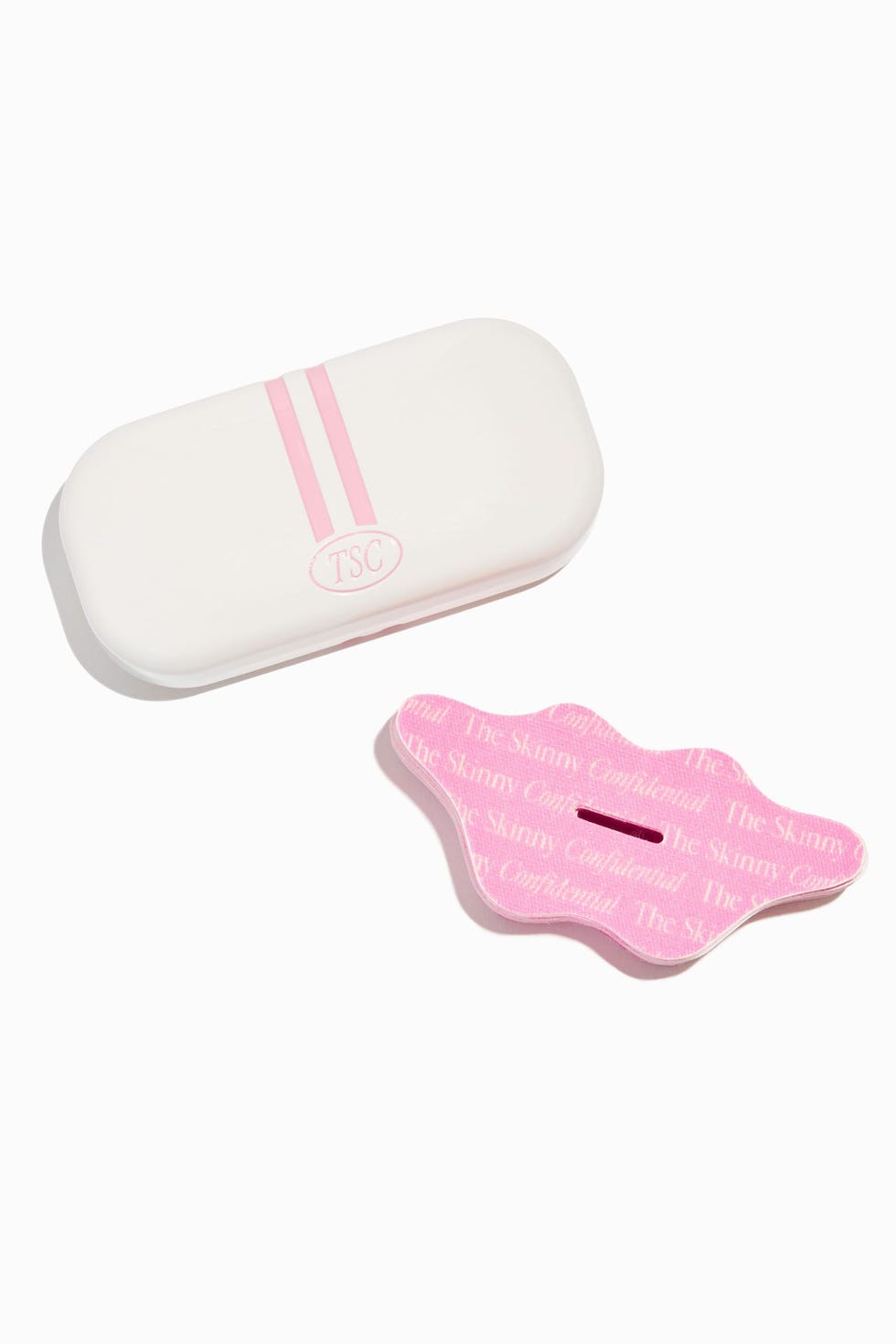Does The Skinny Confidential Mouth Tape Really Work?

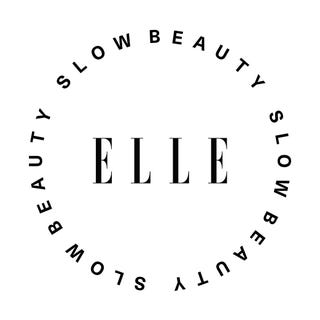
Want to know if a product really works? Welcome to Slow Beauty. Since it can take up to six weeks to see results from using a new formula, we have testers try the best and buzziest in hair and skin care for double that amount of time to determine what actually makes a difference.
As a beauty writer who basically lives on TikTok, I’m always testing out new products and trends to see if they’re truly worth the hype. The latest beauty hack people are loving is mouth tape, which is said to help snatch your jaw while you sleep—who wouldn’t want that, right?
Before I began my three-month journey with mouth tape, I spoke with licensed dermatologist Kunal Malik, MD FAAD about the pros and cons of the trend.
“While mouth taping has gained popularity for reducing mouth breathing during sleep, it does come with potential risks,” Dr. Malik explains. “The most immediate concern is for individuals with compromised nasal breathing due to allergies, deviated septum, or nasal polyps, as taping can lead to breathing difficulties and potential sleep disruption.”
Dr. Malik notes that, from a dermatologist’s perspective, adhesives like mouth tape can cause contact dermatitis, especially with repeated use. He notes that the skin around the mouth is thin and sensitive, which means that it’s more prone to irritation. “Rapid removal of tape can damage the skin barrier, potentially causing micro-tears or stripping the protective barrier,” he adds. For patients with skin conditions like perioral dermatitis, eczema, or rosacea, mouth taping may worsen symptoms or even trigger flares.
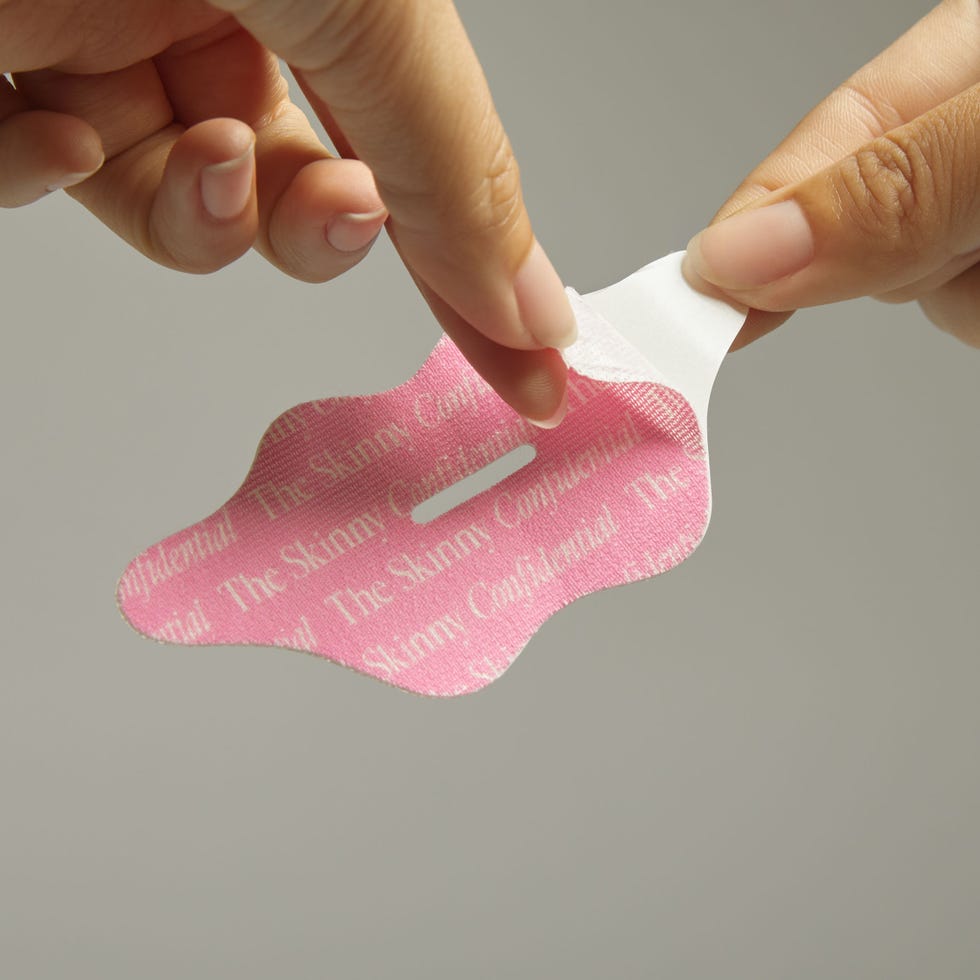
In order to help protect the perioral skin, Dr. Malik recommends cleaning and moisturizing before applying mouth tape. “Apply a thin layer of petroleum jelly or a fragrance-free, non-comedogenic moisturizer to the lips and surrounding skin as a protective barrier between your skin and the adhesive,” he says. He also recommends opting for hypoallergenic tape specifically designed for sensitive skin, and implementing a “tape rotation” strategy by altering the placement each night to avoid constant adhesive contact with the same area of skin.
In the mornings, Dr. Malik suggests gently cleaning the area with a fragrance-free cleanser and immediately applying a restorative moisturizer with ceramides to help repair the skin barrier. “If you notice any signs of irritation—redness, peeling, or discomfort—stop mouth taping immediately,” he cautions. From a skin-aging perspective, repeated pulling and stretching of the skin around your mouth may contribute to fine lines over time.
With Dr. Malik’s advice in mind and the allure of a more defined jawline as a prospect, I tested out The Skinny Confidential’s viral Mouth Tape for 12 weeks to find out if the TikTok beauty hack actually works. Here are my findings.
Adjusting to mouth tape has been harder than I expected. As someone with sensitivities to certain textures—and a fear of feeling trapped (yes, even by mouth tape)—this experiment may take all of my mental fortitude to complete. While I’m still coming to terms with having tape on my mouth as I sleep, I really do appreciate the hole in The Skinny Confidential’s design. It allows me to talk to my husband when he gets into bed and makes it easy to sip water through a straw. Some things I’m noting for the future: how dry the skin around my lips gets, and whether or not this is triggering eczema—or possibly something else—around my chin.
I’m still getting used to wearing something on my mouth, but two weeks in, I can admit that it’s getting a little easier. This week, I tried putting on lip balm and Aquaphor on my face before applying mouth tape, but found that the petroleum jelly makes it difficult for the tape to stick. My workaround—especially with a contact dermatitis flare-up on my chin—is to apply the mouth tape first, then add little bit of hydration on my skin. I think it’s too early to say if I’m sleeping better or noticing a change in the way my jawline looks.
I had to take a few nights off from the mouth tape because I was sick. I don’t think this is something you should (or can) wear if you’re feeling ill, especially if you’re coughing. I have a hard enough time yawning with this thing on! Still, it’s reassuring that the tape has already become a habit—I automatically reached for it each night. So far, I’m not seeing any massive results, but I get the sense this is one of those things that takes a few weeks of consistent use to really show improvement.
While I don’t own an Oura ring or anything that can definitively tell me if I’m sleeping better with mouth tape on (one reported benefit of the beauty product), I can tell you that I feel like I’ve been sleeping better. I’m notorious for taking a long time to fall asleep, and I often wake up a lot throughout the night. I forgot to wear the mouth tape one time this week and realized that, since starting this experiment, I haven’t been having trouble falling asleep or staying asleep.
I have a love-hate relationship with this mouth tape. Currently, it’s a deep loathing after the medical tape tore off a good chunk of dry skin off my lip. Who’s to blame? It’s hard to say, but I’ll give the product the benefit of the doubt (it had to stand up to drool, after all!) and claim it was mine for not lathering on a lip mask or Chapstick before going to bed.
This week, I’ve opted to test out Dr. Malik’s “tape rotation” strategy by placing the mouth tape at a slightly different angle to help avoid perioral dermatitis. My dermatologist recommended I stop testing the product, but in the name of good journalism, I persist. He prescribed me Tacrolimus Ointment and a two-week dose of Doxycycline Hyclate to help get rid of my contact dermatitis.
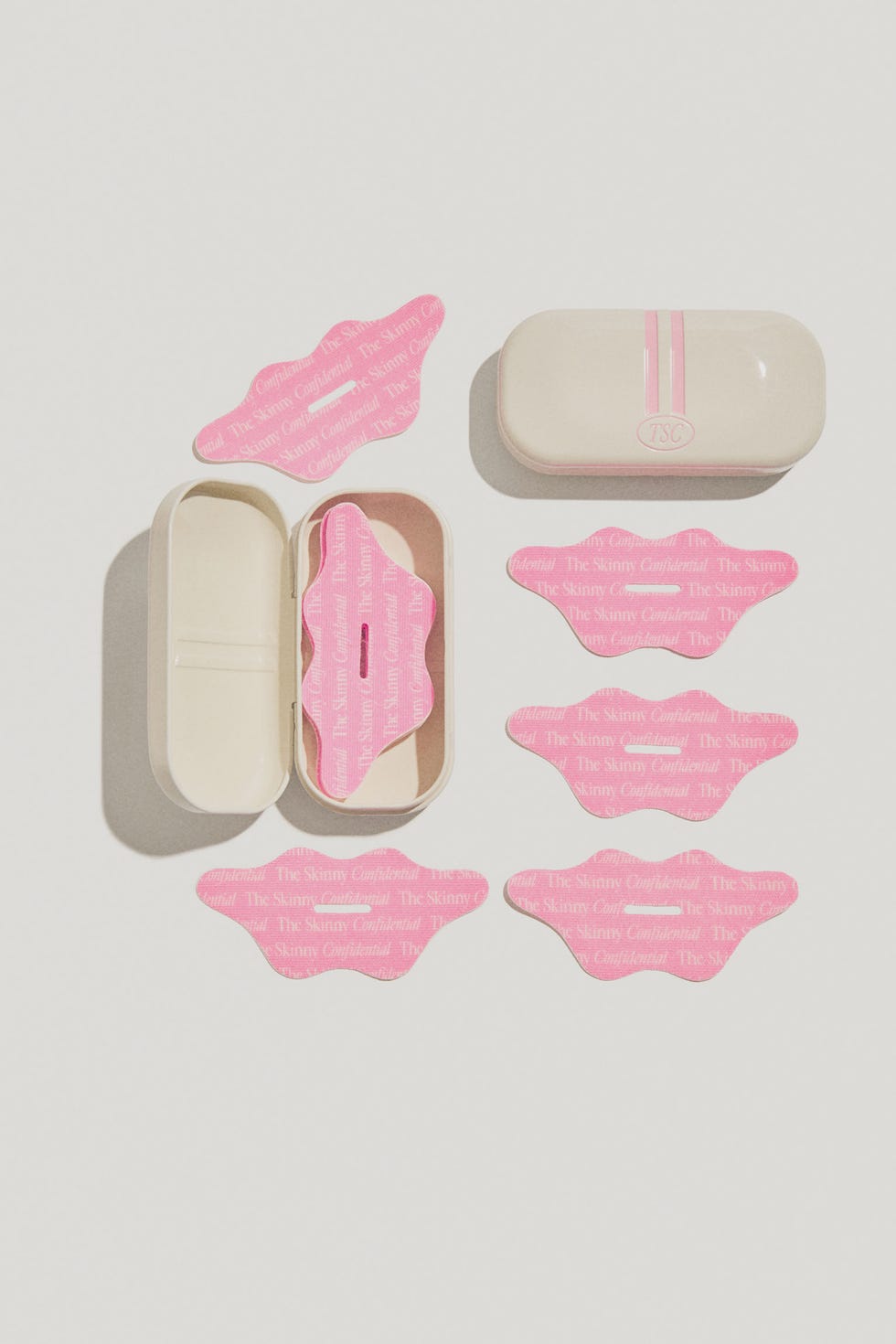
In case you were wondering (and you probably are), mouth tape is not a sexy thing to wear to bed. Half of the time, I feel like a clown lying beside my husband with these bright pink lip-shaped stickers on my face. On our recent trip to Paris, I found it incredibly unromantic to rock these in bed at our 4-star hotel. While the mouth tape might be helping me sleep a little better, there’s a chance it’s also slowly killing my sex life.
At the behest of my dermatologist, I finally started the two-week dose of antibiotics to clear up the rash on this side of my mouth. In order to do so, I have to cut the mouth tape so that it’s only covering the center of my lips while I sleep. I’ve found this to be an effective way to extend the life of the product as well, but it should be noted that it won’t prevent you from drooling as much, and wearing the lip tape this way also makes it more difficult to talk or drink after it’s been applied.
I injured my foot playing soccer last week, which means I’ve been having to take a lot of medicine that makes my face extremely puffy. How does this relate to mouth tape, you might ask? Over the past few weeks, I feel like my jawline has become a bit more pronounced (in a way maybe only I can see since I’m super self-conscious of this area of my body). Now, since taking all of these medicines, I feel like I’m not seeing the subtle change that mouth tape *might* be responsible for.
I think I’ve reached the point in this experiment where I never want to wear mouth tape again. It’s frustrating to have to put it on every night and, honestly, I’m not seeing the results I expected on my jawline. At the very least, the rash on my face is finally gone.
We’ve almost made it to the finish line! Nothing new to note this week.
We made it! In all honesty, this was a pretty grueling beauty challenge. Between the contact dermatitis on my face—which may or may not have been caused by the mouth tape—and never quite getting used to having my lips trapped overnight, it wasn’t easy. Plus, if I forgot to apply lip balm before bed, the tape would rip off pieces of my lips, but using too much balm meant the tape just wouldn’t stick.
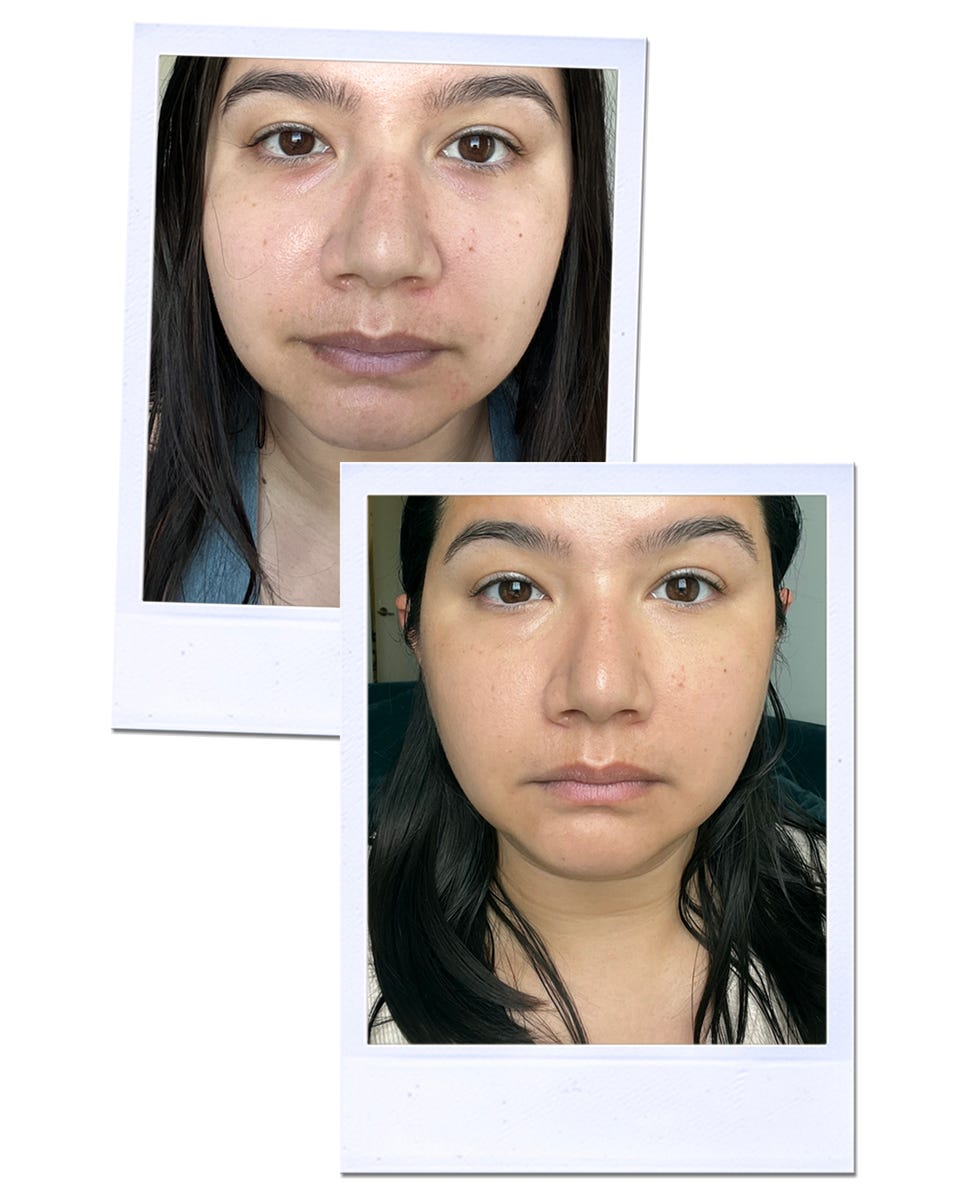
Even though mouth tape wasn’t for me—I really didn’t see a ton of benefits like better sleep or a nicer jawline—I do think this is a great option for people who want to stop snoring or drooling at night. Ultimately, every person is different, which means mouth tape might actually be a great option for you. Just be sure to take necessary precautions to protect the skin on your lips and around your mouth.
elle

